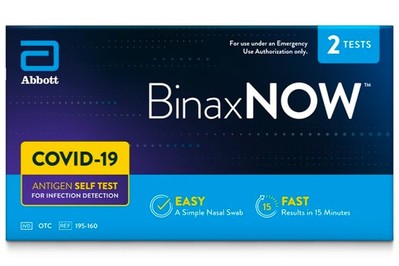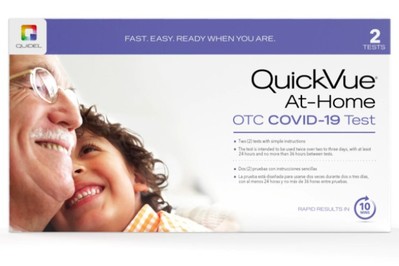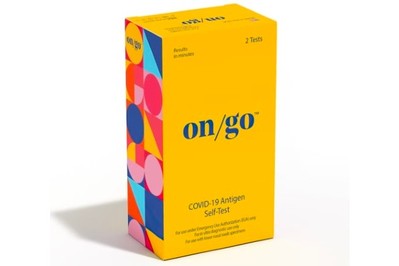[ad_1]
By late 2021, 13 rapid antigen tests had earned FDA authorization for at-home use. Using these tests frequently—for school attendance, before and after a large indoor gathering, before seeing a vulnerable person—can really help lower risks. For many people, it makes sense to keep at least a few of these tests on hand, especially as availability continues to be highly unpredictable.
Of course, molecular lab tests—the most well-known type being a PCR test (polymerase chain reaction, a technique used in the lab)—are still considered the gold standard for confirming or ruling out a COVID-19 infection. But while at-home tests are not as sensitive, they can detect whether there is “a level of the virus that we have to be concerned that somebody could transmit [COVID-19] to someone else,” said Dr. Clare Rock, a clinical epidemiologist at Johns Hopkins University School of Medicine who runs a COVID-19 infection-control consultancy.
A negative at-home result, however, doesn’t necessarily mean that someone doesn’t have COVID-19. For instance, if you swab too soon after a potential exposure, you may test negative even if you are carrying the virus. With the Omicron variant, the recommended time to test is two to three days after an exposure—and, if possible, to test again each day or every other day through day six.
Additionally, recent data suggests that some rapid antigen tests may fail to detect an Omicron infection even when the tester has high levels of the virus. There have also been anecdotal reports that rapid antigen tests detected some Omicron infections earlier when the user swabbed the back of their throat, rather than their nose. (See “How to take an at-home COVID-19 antigen test” for more information.)
With the Omicron surge, demand for tests has increased precipitously. Many tests are out of stock online or don’t ship for a week or more. You may be able to purchase one faster at a local store, many of which have been limiting the number of tests sold per customer or keeping their supply behind the counter. Below are three test kits we’ve found to be available through multiple retailers (though stock fluctuates frequently) and relatively affordable. We list all FDA-authorized tests later in this article.
Quidel QuickVue At-Home OTC COVID-19 Test
The Quidel QuickVue At-Home OTC COVID-19 Test also includes two tests and doesn’t require a smartphone app.
Buying Options
*At the time of publishing, the price was $24.
Intrivo On/Go COVID-19 Antigen Self-Test
The Intrivo On/Go COVID-19 Antigen Self-Test (also two tests per box) pairs with a smartphone app that walks you through testing (including a timer to ensure you’re taking the proper amount of time to collect your sample) and displays the results on your phone.
Buying Options
*At the time of publishing, the price was $23.
[ad_2]





